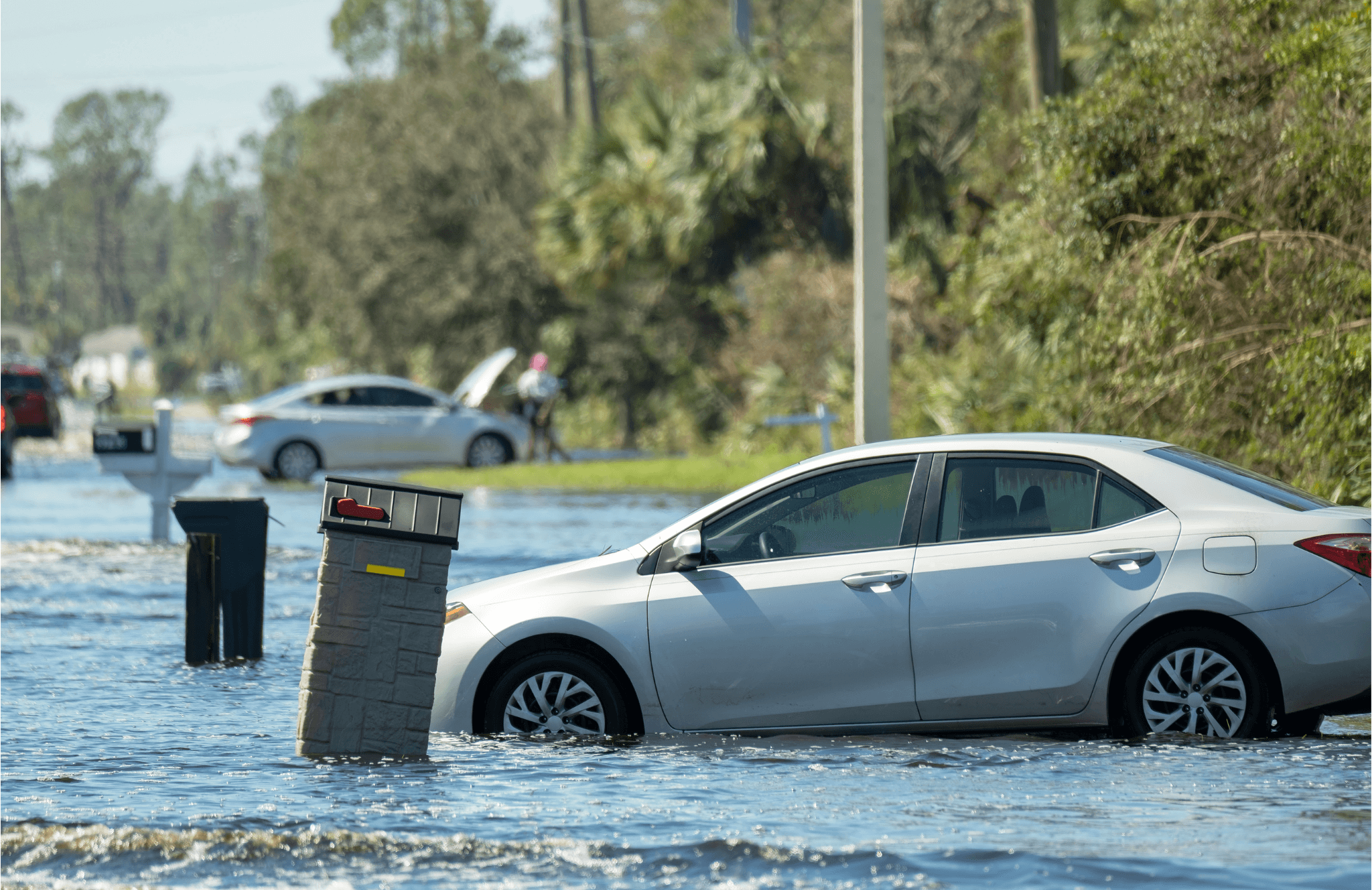
Calamity Insurance as Financial Safety Net in the Time of Natural Disasters
The recent bout of severe weather calamity in the United Arab Emirates (UAE) has underscored the critical need for comprehensive calamity insurance coverage and robust legal provisions to mitigate the financial and social impacts of natural disasters.
As the UAE grapples with the aftermath of unprecedented storms and flooding, experts emphasise the importance of proactive measures to safeguard individuals, businesses, and communities against such unforeseen events.
Calamity insurance, also known as catastrophe insurance, serves as a vital financial safety net for individuals and entities vulnerable to natural and man-made disasters. It provides coverage for property damage, loss of income, and other related expenses arising from calamitous events such as floods, storms, earthquakes, fires, and explosions. In the UAE, where rapid urbanisation and climatic variability pose significant risks, calamity insurance offers a lifeline for residents and businesses affected by adverse weather conditions.
Legal Provisions in the UAE
The legal framework governing calamity insurance in the UAE comprises various laws, regulations, and directives aimed at ensuring adequate protection and resilience against natural disasters. Key legal provisions include:
Insurance Law: The UAE Federal Law No. 6 of 2007, which established the Insurance Authority and regulates the insurance sector, sets forth the requirements for insurance companies operating in the country. It mandates compliance with licensing, capitalization, and solvency requirements to ensure the stability and reliability of insurance providers.
Civil Defense Regulations: The UAE has stringent civil defense regulations governing fire safety, emergency preparedness, and disaster response. These regulations require property owners and businesses to implement safety measures such as fire detection systems, emergency exits, and evacuation plans to mitigate the risks of calamities.
Environmental Legislation: The UAE government has enacted environmental laws and regulations to address the impacts of climate change and natural disasters. These regulations encompass measures for land use planning, coastal protection, and infrastructure resilience to enhance the country's capacity to withstand extreme weather events.
Islamic Insurance (Takaful): In line with Islamic principles, the UAE offers Takaful insurance as a Sharia-compliant alternative to conventional insurance. Takaful operates on the principles of mutual cooperation and risk-sharing, providing coverage against calamities while adhering to Islamic ethical and legal standards.
By investing in comprehensive insurance coverage and adhering to regulatory frameworks, individuals, businesses, and communities can enhance their resilience and mitigate the financial and social impacts of natural disasters.
Moving forward, proactive measures and collaboration between stakeholders will be essential to build a more resilient and sustainable future in the face of evolving climate risks.
Just like the new online system, Dubai residents whose cars were damaged during heavy rains can obtain a police certificate online. This convenient service allows affected individuals to obtain the necessary documentation without visiting police stations in person, streamlining the process and reducing inconvenience.
(The writer is a legal associate at Dubai-based NYK Law Firm)
For any enquiries or information, contact ask@tlr.ae or call us on +971 52 644 3004. Follow The Law Reporters on WhatsApp Channels.